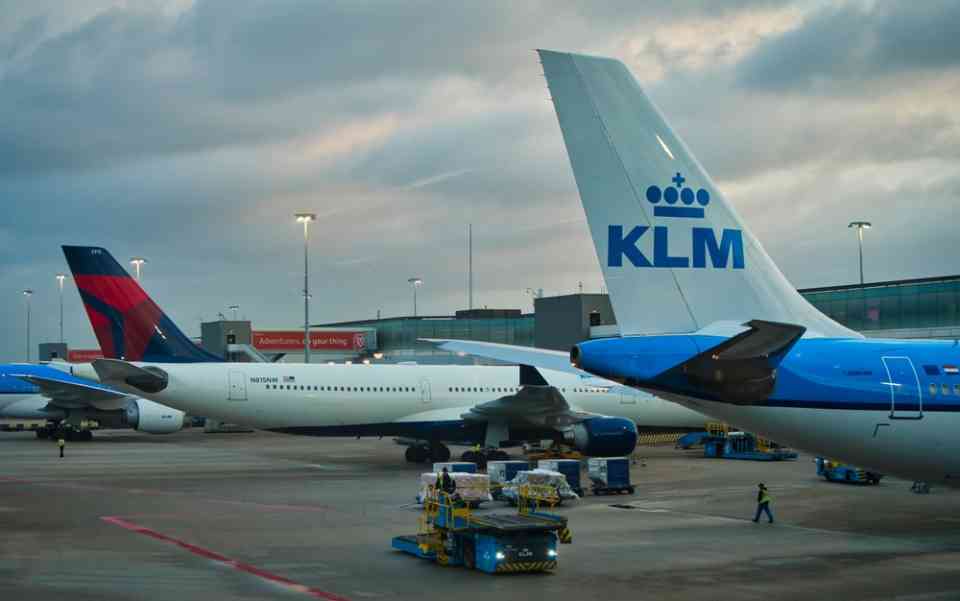Marjan Rintel warns of severe consequences for passengers and the aviation industry as Schiphol Airport enacts steep tariff increases.
In a bold critique, Marjan Rintel, CEO of KLM, has voiced strong opposition to Schiphol International Airport’s decision to raise fees by 41% in 2025, citing the detrimental impact this will have on both travelers and the aviation sector. This substantial increase, part of a broader multi-year strategy to bolster airport revenue, follows a 40% tariff rise implemented over the last three years. With this adjustment, Schiphol now ranks as Europe’s second most expensive airport, a shift that Rintel believes could severely impact Amsterdam’s competitive position as a global travel hub.
A Multi-Year Plan with Costly Consequences
Schiphol’s upcoming fee increases form part of a three-year plan that will ultimately lead to an average cost increase of €15 per departing passenger by 2027. Structured as follows, the plan includes:
- 41% hike in 2025
- 5% increase in 2026
- 7.5% decrease in 2027
While the decrease in 2027 may offer some relief, the cumulative effect will still result in a significant rise in costs for airlines and passengers alike.
Reasons Behind the Hike
Schiphol has attributed these adjustments to a variety of factors: recovering from pandemic-related losses, absorbing inflationary pressures and rising interest rates, and funding a €6 billion commitment to infrastructure upgrades. Additionally, Schiphol aims to enhance sustainability measures and improve service quality and working conditions.
According to the airport’s management, these changes are necessary to maintain and upgrade facilities, ultimately creating a better travel experience and a more environmentally sustainable operation.
KLM’s Response: Protecting Travelers from Unnecessary Burdens
Rintel’s critique highlights a key concern—that the financial burden of these extensive projects and cost overruns is being passed directly onto passengers. She argues that this approach is not only unreasonable but potentially damaging to Schiphol’s reputation and competitive position within the international travel market. While KLM acknowledges the importance of infrastructure improvements and enhanced service quality, Rintel remains firm that the steep fee hikes could have far-reaching consequences for both travelers and airlines operating out of Amsterdam.
“This move places undue strain on travelers and the industry at large,” Rintel remarked, underscoring that the long-term impact may extend beyond immediate cost concerns, potentially discouraging travel through Schiphol and affecting the Netherlands’ standing as a major European air travel hub.
Future Implications for Schiphol and the Aviation Sector
As Schiphol Airport moves forward with its planned adjustments, the ripple effects of these fee increases will be closely monitored by airlines, passengers, and industry analysts alike. For travelers, these hikes may lead to higher ticket prices and reduced accessibility to air travel, particularly impacting budget-conscious travelers and business commuters.
For Schiphol, balancing the need for financial recovery, sustainability investments, and competitive positioning will be critical. KLM’s criticism underscores the tension between achieving these goals and ensuring fair pricing, raising important questions about the future direction of one of Europe’s busiest airports.
Post Views: 329
















